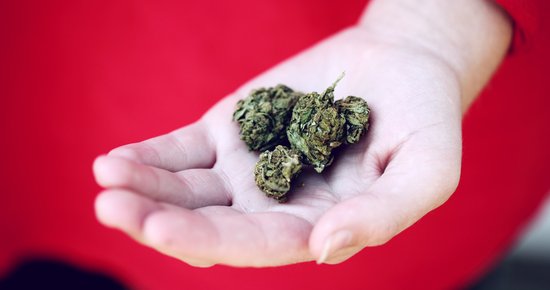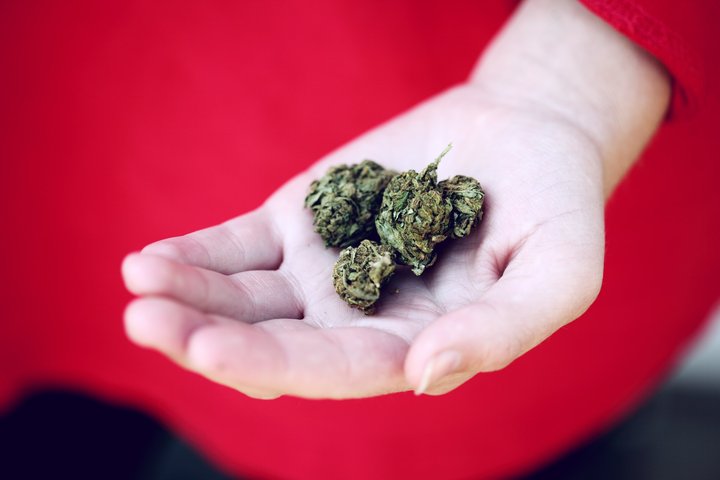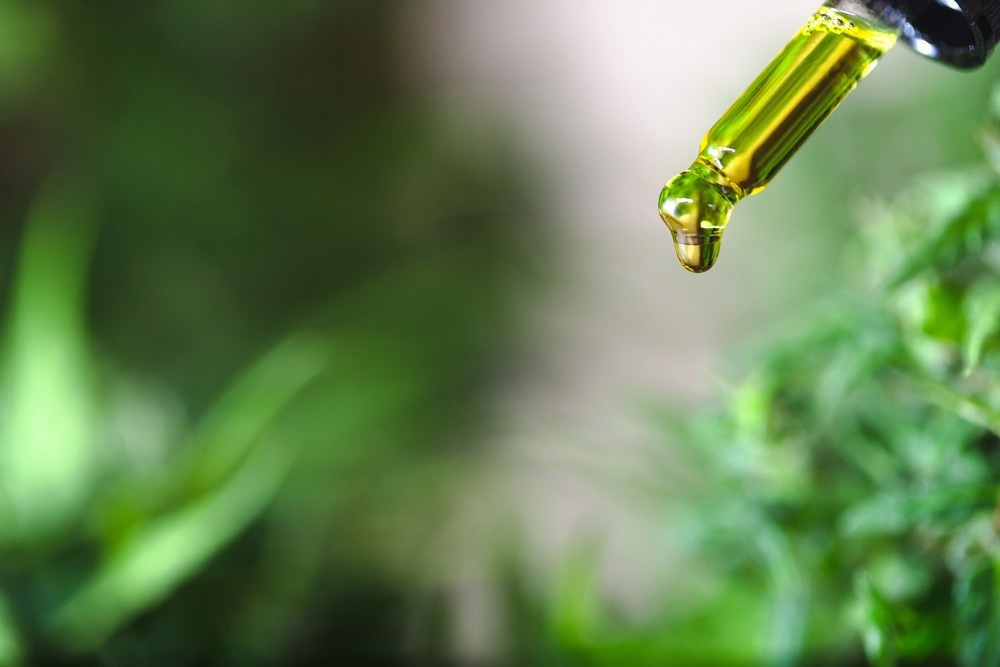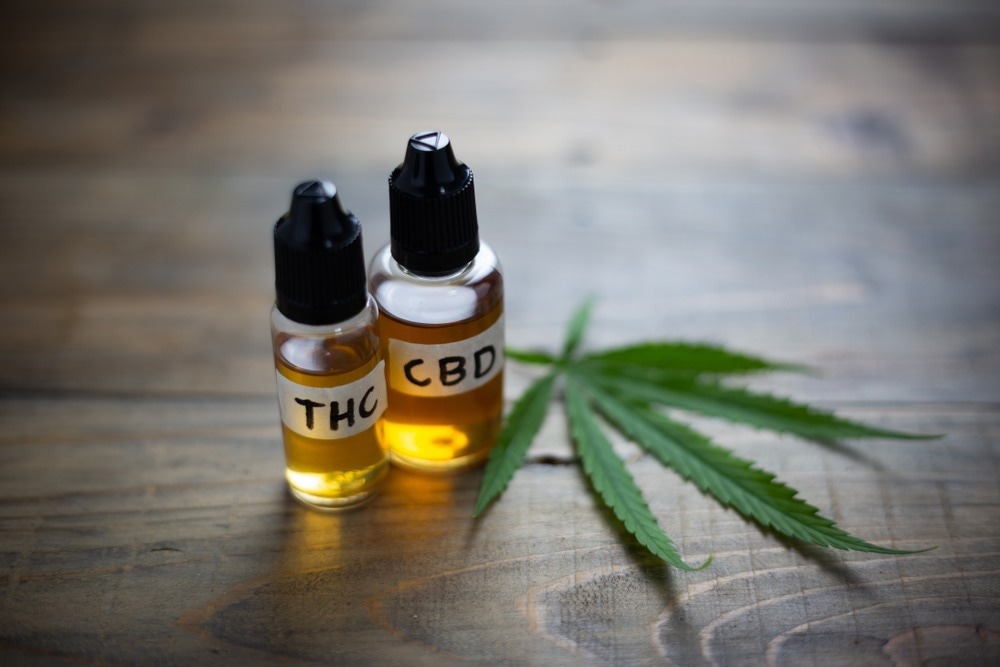THE CANNABIS CONVERSATION: Cannabis as Medicine | Lost Coast Outpost


###
The
medicinal use of cannabis dates back thousands of years. Emperor Shen
Nung, the so-called father of Chinese medicine, included cannabis in
the country’s pharmacopeia in 2800 B.C. Therapeutic cannabis
applications are also referenced in historical texts of Indian
Hindus, Assyrians, Greeks, Romans, and others. Cannabis
was introduced to Western medicine in 1841 by William Blake
O’Shaughnessy, and for the next 100 years it was used for a
variety of ailments including arthritis, depression, inflammation,
pain and appetite stimulation.
Beginning
in the late 1930s, a prohibitionist fever swept through the United
States and cannabis was demonized. The Marijuana Tax Act of 1937
effectively taxed medicinal cannabis out of existence, while the
Controlled Substances Act of 1970 formally put the nail in the
coffin, arguing that cannabis had no medicinal value and that
cannabis had a high potential for abuse. This classification of
cannabis as a schedule I drug persists to this day and places grass
in the same company as heroin and meth.
Beginning
with California’s Compassionate Use Act of 1996, the pendulum swung
yet again and medicinal cannabis came back into the fold. Since then,
36 states have legalized medical pot, while 18 have also allowed for
adult use or recreational consumption. Given that cannabis is still
illegal at the federal level, national research and development
efforts have lagged. Fortunately, research among some states and in
nations like Canada and Israel has exploded in recent years,
providing real credibility to the concept of cannabis as medicine.
Opponents
of cannabis often argue against medicinal use, saying that the very
notion is ridiculous. While it’s true that some individuals used
medical cannabis permits to grow and sell weed illegally, dismissing
the medical benefits of cannabis is short-sighted and outdated. I,
like millions of others around the globe, have seen the medicinal
benefits of cannabis firsthand.
My
mother was terribly ill when being ravaged by cancer treatments for a
second time. Suffering from severe nausea, pain, loss of appetite,
and trouble sleeping, she had been prescribed liquid morphine and
strong nausea meds. These conventional treatments didn’t work and
also became habit-forming. Watching mom suffer and getting strung out
on pharmaceuticals was intolerable, so I spearheaded a medicinal
cannabis program for her. During chemotherapy, she would vaporize
strong cannabis flower for nausea relief and appetite stimulation.
Post-treatment, she transitioned to edibles and Rick Simpson Oil
capsules to help with pain management, sleep and depression. Through
consistent and measured cannabis dosing, mom weaned off the narcotics
entirely and passed with a much greater level of personal dignity.
In
terms of my situation, I suffered from a hip dislocation years ago. I
had both hips reset so many times I was bruising from the inside out
and was in constant pain. I had trouble walking, sitting, and
standing, and lived with acute pain for approximately three years. I
believe strongly in cannabis as a tool for harm reduction and chose
to consume ganja over a combination of narcotics, muscle relaxers,
and OTC pain meds. While the cannabis didn’t remove the pain
entirely, it took the edge off and reduced pain-induced nausea
significantly. What I know with certainty is that if I had consumed
pharmaceuticals for those few years, I would have become highly
dependent on them and my quality of life would have been further
reduced.
Fortunately,
cannabis research is currently undergoing a renaissance around the
globe. Here in the United States, a recent change to longstanding
Federal policy promises to bolster efforts to study the plant and its
medical benefits. Since 1968 U.S. cannabis researchers had only one
source for product, the University of Mississippi. As such, supply
was limited for years. The DEA has recently opened the doors for
research-driven grower applications and a couple have already been
issued, with more to come. The move strengthens the supply of
cannabis for research and development and offers real hope for those
seeking alternative medical solutions.
The
list of potential therapeutic applications for cannabis is highly
promising. Studies are currently underway regarding the ability of
cannabis to treat a range of serious ailments. CBD or cannabidiol is
a non-psychoactive component of the plant garnering significant
attention. CBD is being studied for relief from insomnia, anxiety,
spasticity, pain, and other health conditions. Remarkably, CBD has
also shown huge promise in relation to Dravet Syndrome, an aggressive
form of childhood epilepsy.
Famously,
the story of a young girl named Charlotte Figi helped cement CBD oil
as a breakthrough treatment offering hope to thousands of families
across the world. Charlotte was suffering from hundreds of seizures a
month and had limited function before experimenting with CBD. After
initiating a daily CBD program, her seizures dropped to a couple per
month and her quality of life was radically improved. Frankly, it
saddens and disgusts me to know that some people, even in light of
this clinical evidence, would prefer condemning a child to a death
sentence rather than exploring a cannabis-derived treatment.
THC,
the cannabis compound known for getting you high, also shows enormous
potential for improving health and wellness. THC
is being explored as a tool for managing Fibromyalgia, Parkinson’s,
Glaucoma, PTSD, HIV-associated pain and wasting syndrome, Irritable
Bowel Syndrome, Crohn’s, Multiple Sclerosis, chronic pain, nausea,
and many more.
While
still in the early innings, some research indicates that combined
loads of THC and CBD have been shown to slow or stop the growth of
some cancer cells in lab settings. Calls for increasing R&D in
this area are growing. In
fact, “the American Cancer Society supports the need for more
scientific research on cannabinoids for cancer patients and
recognizes the need for better and more effective therapies that can
overcome the often-debilitating side effects of cancer and its
treatment. The Society also believes that the classification of
marijuana as a Schedule I controlled substance by the US Drug
Enforcement Administration imposes numerous conditions on researchers
and deters scientific study of cannabinoids. Federal officials should
examine options consistent with federal law for enabling more
scientific study on marijuana.” Amen!
Additionally,
terpenes, or naturally occurring compounds found in plants, are
garnering lots of attention for their medicinal properties. Cannabis
has numerous terpenes, some of which are being explored for
anti-inflammatory, antioxidant, anticonvulsive, antidepressant,
anticancer, antitumor, anti-allergic, antibiotic, anti-diabetic, and
neuroprotective attributes. Emerging
science also indicates that the interplay between terpenes and
cannabinoids like THC improves and enhances the efficacy of
cannabis as medicine. This is why I prefer consuming full-spectrum
products like live resin cartridges, ice hash gummies, and full-term
organic flower grown in native soil.
The
concept of medicinal cannabis is difficult for some to accept.
Long-held stereotypes demonizing the use of cannabis have been
prevalent to differing degrees around the world, and that won’t
change overnight. Thankfully legalization and a growing body of
evidence suggesting that cannabis can treat a host of serious
ailments are helping break down barriers and allowing for more
meaningful and truthful dialogue around the issues of health and
wellness. More and more individuals have come to realize that Western
Medicine and our reliance on powerful and politically connected
pharmaceutical giants can be a losing proposition. Expensive and
potentially harmful lab products have been favored over a more
natural, holistic approach to healing and this has to end. I expect
meaningful progress in cannabis R&D over the coming months and
welcome the advances and treatment options this will bring.
###
Jesse Duncan is a lifelong Humboldt County resident, a father of six, a retired financial advisor, and a full-time commercial cannabis grower. He is also the creator of NorCal Financial and Cannabis Consulting, a no-cost platform that helps small farmers improve their cultivation, business, and financial skills. Please check out his blog at, his Instagram at jesse_duncann, and connect with him on Linkedin.







